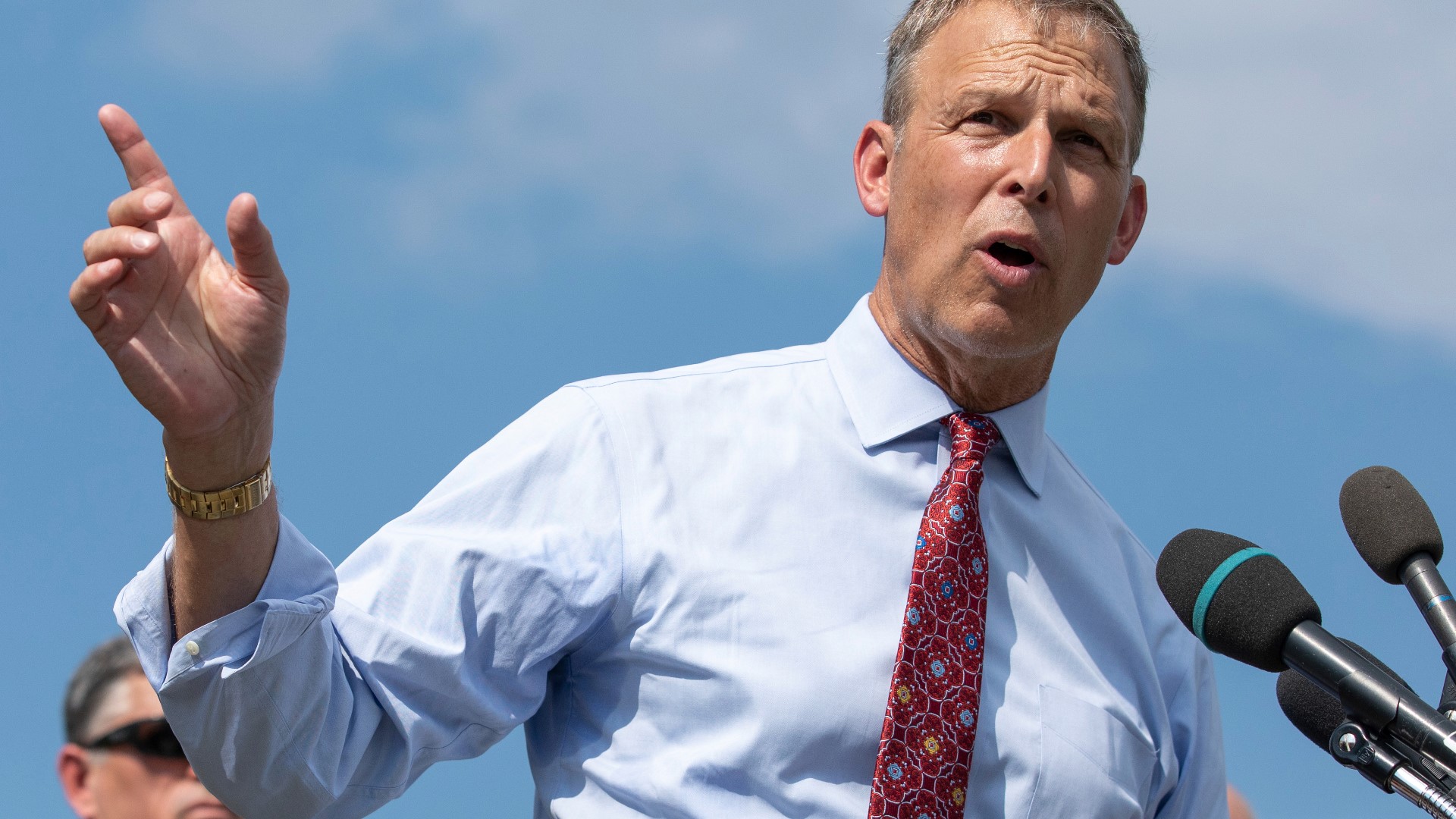WASHINGTON D.C., DC — In the lead up to the day now known simply as January 6, Republican U.S. Congressman Scott Perry worked closely with allies of former President Trump in an attempt to overturn the results of the election.
"Congressman Perry was acting as a conduit between some lawyers who were outside the government, lawyers who were inside the government and other right-wing and Republican officials, to include the head of the Republican National Committee," said Dr. Alison Dagnes, director of Shippensburg University's political science department.
Text messages seized from Perry's phone in an FBI search warrant detail his correspondence with the Trump legal team and others who have now been charged in an alleged scheme do defraud the United States Government.
"There were a number of different ideas that were being floated," Dagnes said. "One of them was for then Vice President Mike Pence to not certify the electors. To this end, there are text messages apparently that are about states coming up with alternative slates of electors, which is illegal."
In Tuesdays decision, Federal Judge James Boasberg noted the FBI copied the content's of Perry's phone during a seizure last summer, believing they would be relevant in the investigation into the January 6th Capitol riot.
Since then, Perry's lawyers have been fighting to keep more than 2,000 texts private, saying the Constitution protects lawmaker's speech about legislative proceedings.
A lower court found many of the text messages did not qualify as such.
"The lower court ruling said, yes it can seize this phone, but let's go through all of these messages," Dagnes explained.
After reviewing and categorizing each message, District Judge Boasberg ruled more than 1,600 messages can be used, finding almost 400 messages are protected.
"What this, I think, should show to the American public is that there are institutions in place that will uphold the Constitution regardless of who is in office," Dagnes said.
Perry's lawyers released this statement to FOX43: “Congressman Perry had an obligation to his constituents, and the nation more generally, to investigate the seemingly credible information he received about discrepancies in the 2020 election. The DOJ responded by seizing his phone and attempting to intrude upon his private communications with Members of Congress and other people who, like him, were concerned about the integrity of the election. Applying the standard imposed by the US Court of Appeals for the District of Columbia Circuit, the district court has once again validated the protection of legislative records under the Speech or Debate Clause. The intervention of the courts has been necessary to prevent overly aggressive prosecutors from interfering with legislative deliberations and fact-finding. We are reviewing how the district court applied the standards required by the DC Circuit and will decide whether to seek further judicial review.”
As for the political impacts, Dagnes believes this case will only serve to strengthen the rhetoric on either side of this deeply-divisive political climate, saying Perry's supporters are likely unfazed by the ruling.

